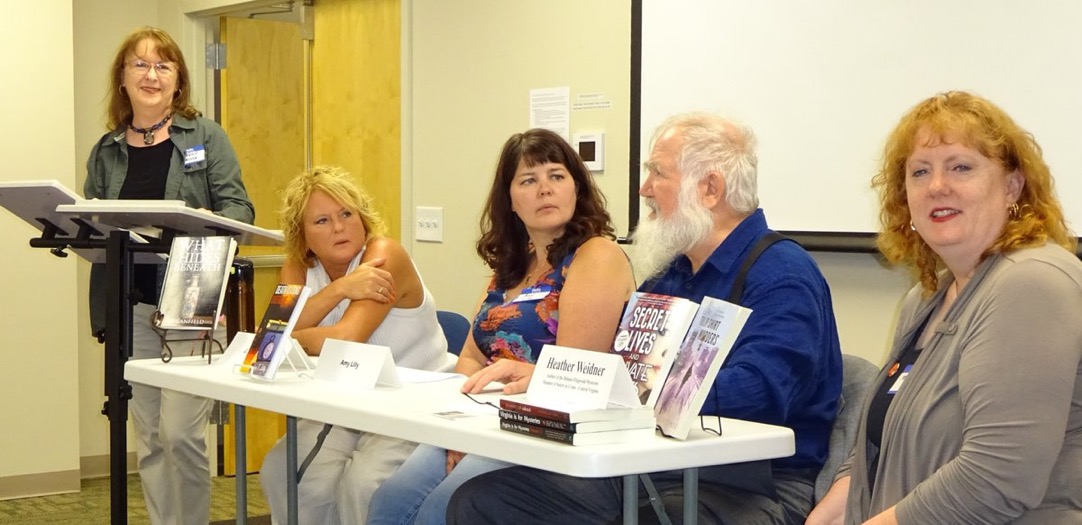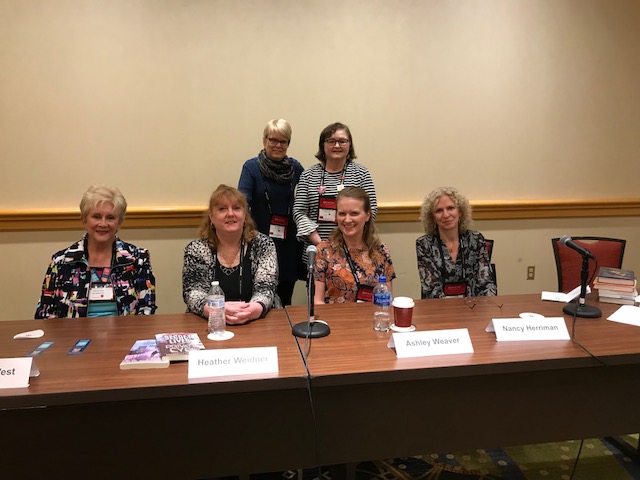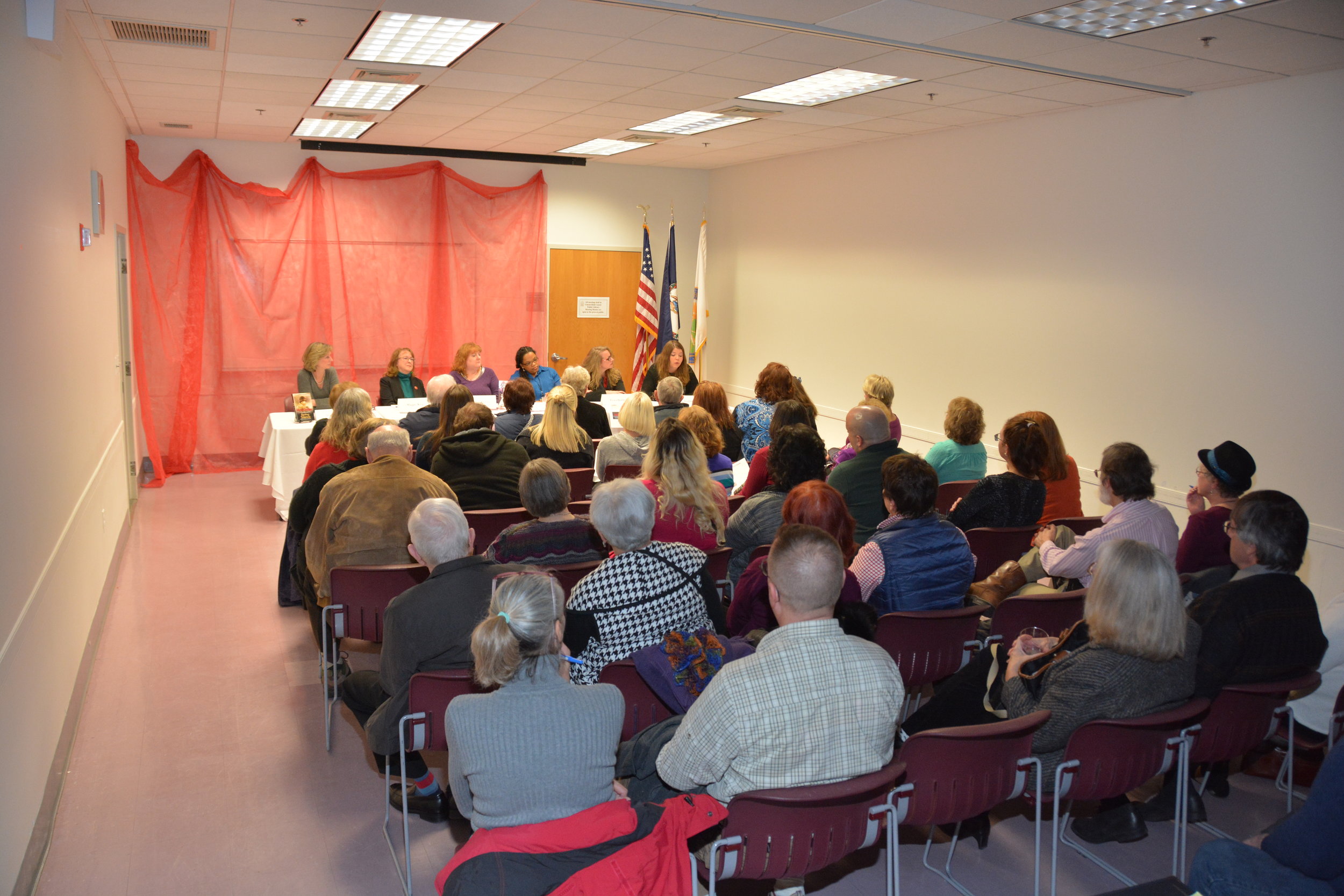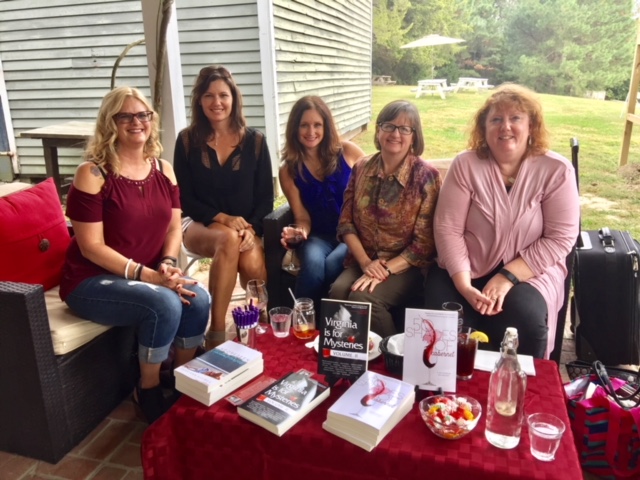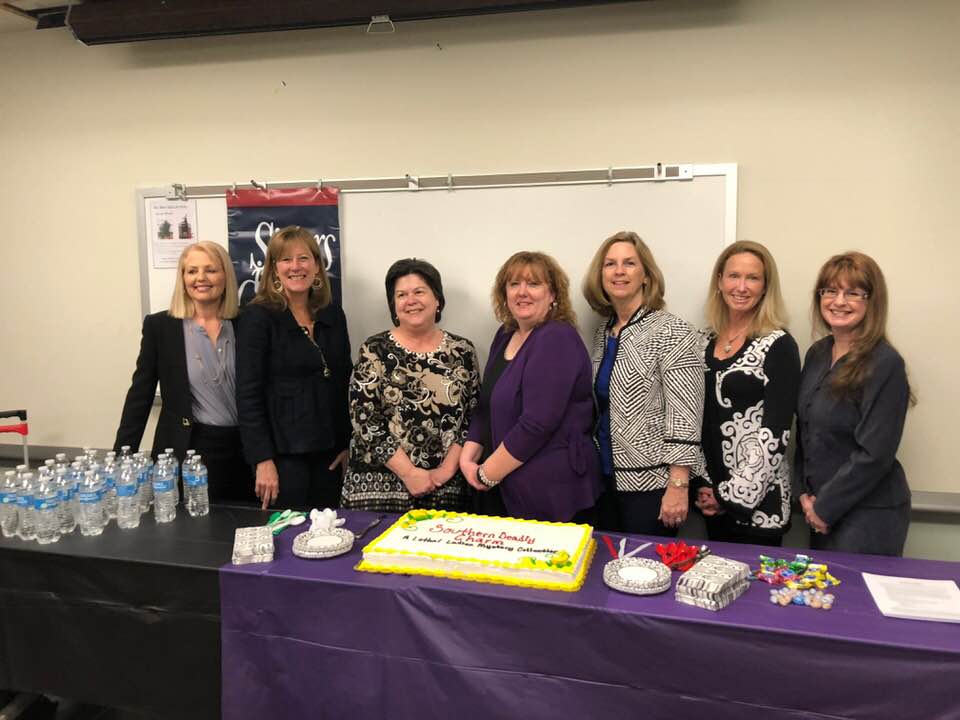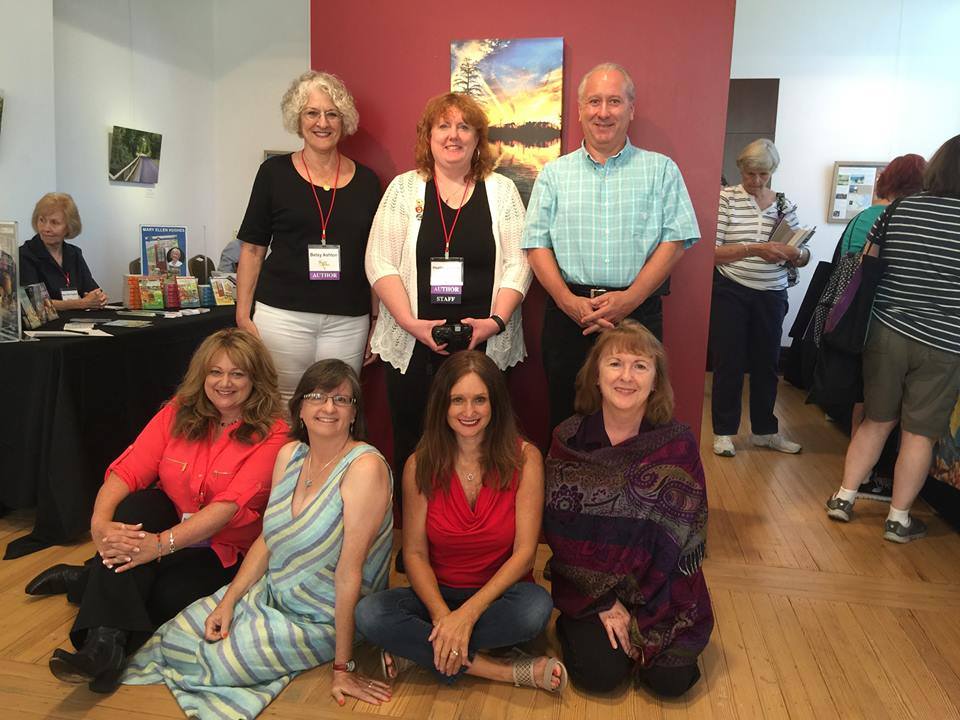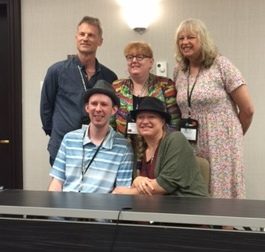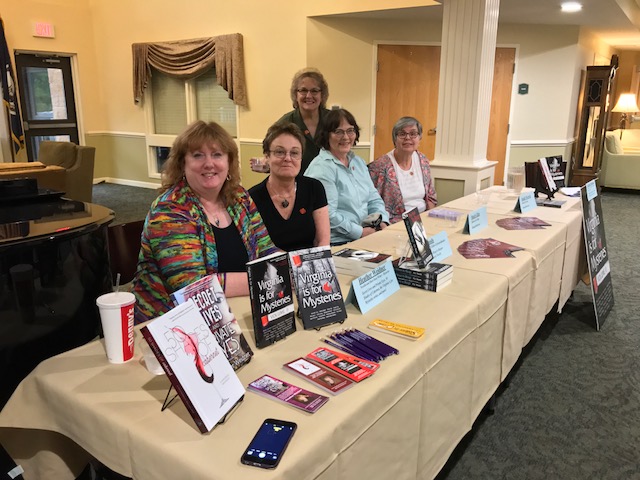Panel 101 for Authors
/If you're fortunate, you'll be asked to participate on many book discussion panels. The facilitator or moderator should provide you with the logistics (e.g. time, date, topic, questions, etc.). Here are some lessons I've learned throughout the years.
1. If your moderator provides you with questions, review them and make sure you're comfortable with the topic. Some ask the same question to all panelists, and some have specific questions for each speaker.
2. If you've got a microphone, make sure to test the equipment before you start. if it's a portable microphone, make sure you turn it off when you're chatting or taking a break. The audience can hear you. I went to a conference once, and the speaker wore a lapel mic. He didn't turn it off when he was in the restroom. Embarrassing!
3. If you have a hand-held mic, make sure you hold it close to your mouth. It needs to be close enough to pick up your voice, but not close enough for the breathing.
4. Be present and use good listening skills while the other panelists are speaking. Making faces or tapping toes is distracting.
5. You're in full view of the audience. If the table is not skirted, they can see all of you. Keep your shoes on.
6. If you bring books, give-aways, or other items, keep them to a minimum. Don't encroach on other panelists' space.
7. Don't interrupt the moderator or the other speakers.
8. Be bright and brief. Don't be the one who hogged the mic and had to do all the talking.
9. If you plan to do a reading, practice it before and know the timing. Stay within the boundaries provided by your moderator. When you choose a passage, make sure that you end with a cliff hanger or a portion that makes the audience want to know what happens next.
10. Always give shout outs and credit in your responses to those who have helped you along the way.
11. If possible, try to familiarize yourself with the other panelists and what they write. If you have time, read their latest work. It makes for a better conversation.
12. Do one last mirror check before you start (e.g. hair, makeup, wardrobe check). Wear comfortable shoes and professional clothes. Make sure your shoes are polished. And ladies, if you wear heels, make sure you can walk across stages or climb steps. Some stages are portable, and there are gaps or flimsy handrails.
13. Relax and be you. The audience wants to hear about you and your work. Your whole talk shouldn't be "buy my book." Think of interesting things in your book or your writing life to talk about.
What would you add to my list? Anybody have any funny panel stories?


